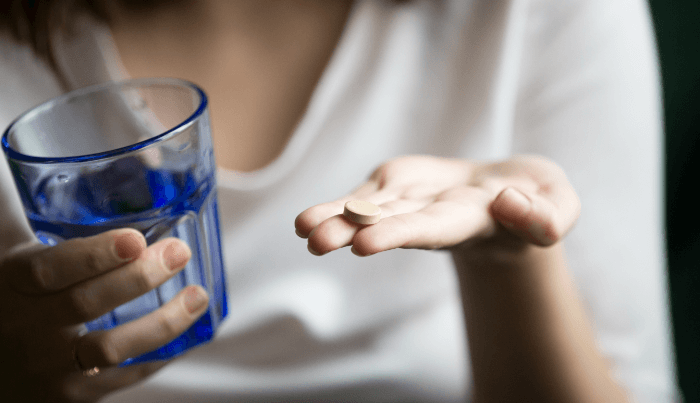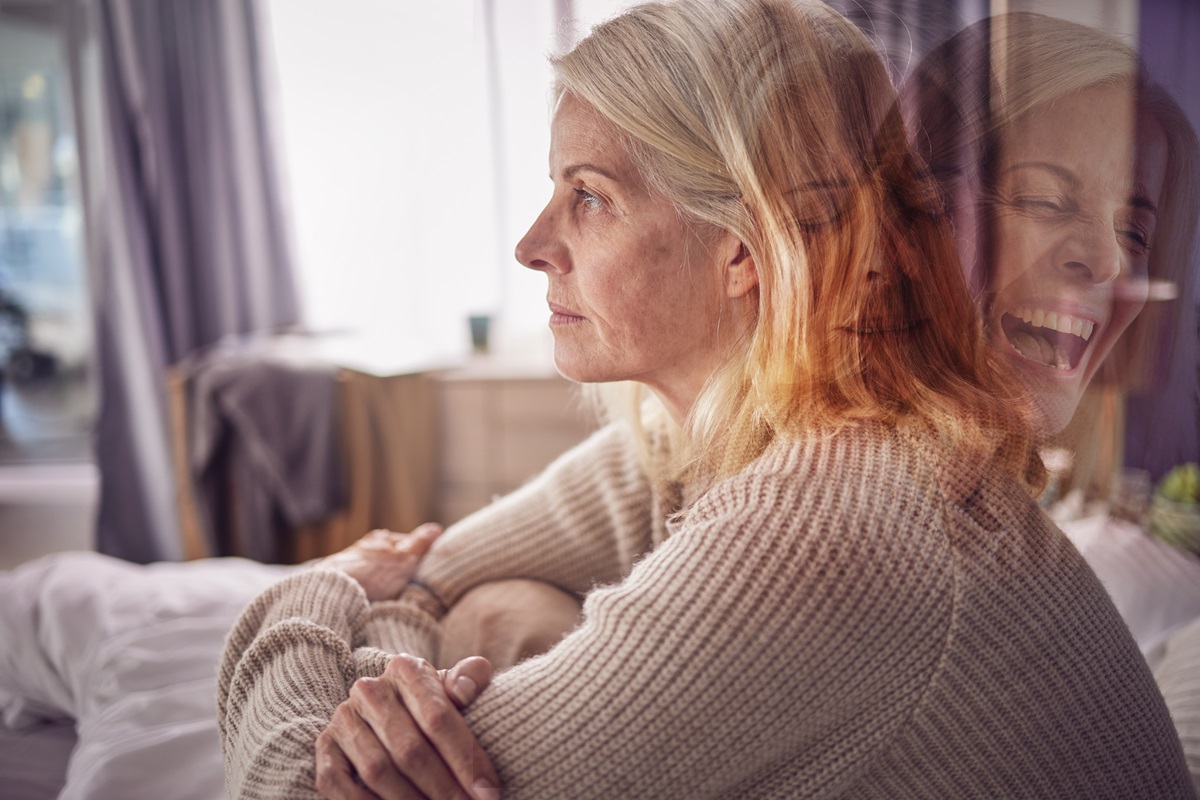What do you think of this article?
By Dr. David Woo - October 15, 2019

The World Health Organization tells us that depression is the leading cause of disability in the world. (1) It’s no surprise that researchers are determined to find safe and effective depression treatment options and protocols to help patients find relief from depressive symptoms.
There are two major studies — the Sequenced Treatment Alternatives to Relieve Depression (STAR*D) study and the Carpenter study — that demonstrate the effectiveness of transcranial magnetic stimulation (TMS) for patients with treatment-resistant depression. These two studies show that when a patient has tried at least two antidepressants, TMS is more effective than trying another antidepressant. Let’s take a look.
The STAR*D Study Explained
The STAR*D study is the largest antidepressant study ever conducted, enrolling more than 4,000 patients diagnosed with major depressive disorder (MDD).
To understand how effective antidepressants are in relieving depressive symptoms, researchers implemented a four-step treatment protocol:
- Level 1 (33% remission rate): All patients were treated with Citalopram.
- Level 2 (25% remission rate): Patients who did not achieve remission with level 1 treatment could choose whether they: a) keep taking Citalopram and augment treatment with a random different antidepressant or cognitive-behavioral therapy, or b) stop taking Citalopram and randomly receive treatment with a different antidepressant or start cognitive-behavioral therapy.
- Level 3 (13-20% remission rate): Patients who did not achieve remission with level 2 treatment could choose whether they: a) keep taking their current treatment and augment treatment with a random different antidepressant or b) stop taking their current treatment randomly receive treatment with a different antidepressant.
- Level 4 (7-14% remission rate): Patients who did not achieve remission with level 3 treatment would suspend their current treatment and be randomized to receive a new antidepressant.
Each level of treatment was implemented at the maximally tolerated dosage for 14 weeks. Researchers found that after trying two antidepressants (at levels three and four of treatment), patients were less likely to achieve remission. This study clearly shows that some patients may be resistant to traditional depression treatments like antidepressant medications, or have treatment-resistant depression. (2)
The Carpenter Study Explained
The goal of the Carpenter study was to evaluate the effectiveness of TMS therapy for patients diagnosed with MDD who had tried on average 2.5 antidepressant medications without seeing improvement of depressive symptoms.
For this study, 307 patients were enrolled in this study and treated across 42 clinics within the United States. TMS was administered over the course of six-weeks, based on the labeled procedures of the TMS device used.
At the end of the six-week treatment period, 26.5 to 28.7 percent of patients reported remission and 41.5 to 56.4 percent reported a positive response (improvement in depressive symptoms) to TMS.
In the STAR*D study, after patients had tried two to three antidepressants, the remission rate was at 7 to 14 percent. These results suggest that, if someone has tried several different antidepressants without achieving remission or seeing an improvement in symptoms, TMS is more likely to relieve depressive symptoms than trying another antidepressant. (3)
TMS Is Proven to Help Patients With Treatment-Resistant Depression Find Relief
TMS is an FDA-approved treatment for patients diagnosed with treatment-resistant depression and is covered by insurance. If you’ve followed multiple treatment protocols using antidepressants with your doctor and are still experiencing symptoms of depression, TMS may provide relief. To learn more about TMS in NYC and if it may benefit you, call our office at 212.731.2033 or contact us online.
Resources:
1. World Health Organization. Depression. Published March 22, 2018. Link. Accessed September 25, 2019.
2. Gaynes BM, Rush AJ, Madhukar HT, Wisniewski SR, Spencer D, Maurizio F. The STAR*D study: Treating depression in the real world. Cleveland Clinic Journal of Medicine. Jan 2008;75(1):57-66. Link. Accessed September 25, 2019.
3. Carpenter LL, Janicak PG, Aaronson ST, et al. Transcranial magnetic stimulation (TMS) for major depression: A multisite, naturalistic, observational study of acute treatment outcomes in clinical practice. Depression and Anxiety. July 2012;29(7):587-96. Link. Accessed September 25, 2019.
Dr. Woo has been seeing patients in private practice since 2002, always with the goals of combining evidence-based medicine with psychodynamic psychotherapy and collaborating with other mental health professionals to ensure the best possible outcomes for his patients. He has been certified to administer TMS at his practice since 2017. His greatest clinical interests include helping patients suffering from depression, anxiety, and obsessive compulsive disorder.



